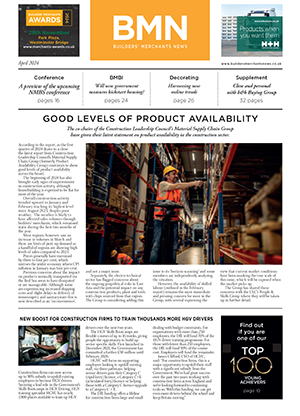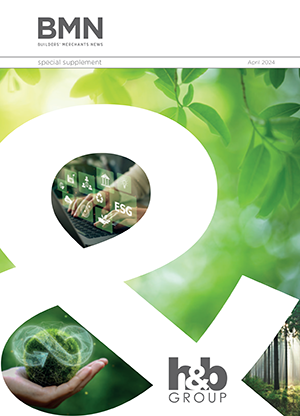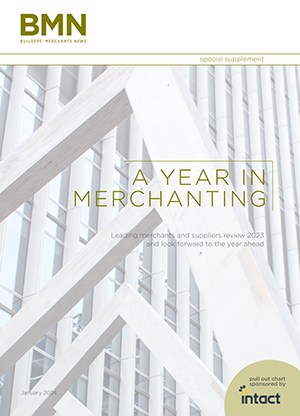The Government is “under-promising and over-delivering” on its Green Deal, according to Energy Minister Greg Barker.
Speaking at the Responsible Business Summit in London, organised by Ethical Corporation, the Minister told delegates: “Driving greater energy efficiency is a challenge when both private and public finances are constrained. The Green Deal is now gathering pace and is set to support 60,000 insulation jobs, up from 26,000 in 2012. By 2020, household bills should be 11 percent lower because of the net effect of our policies.”
He said the Government was making steps to be “the greenest government ever” and predicted that a “new wave” of companies would take up the Green Deal “at the start of the traditional heating season in the autumn”.
Mr Barker explained: “Our ambition is to see the Green Deal run into the 2020s as an essential engine of retrofits and improving housing stock. The best thing to do is under-promise and over-deliver.”
However, the picture painted by some SMEs is different. Simon Atack, sales and marketing director of Anvil ESI, believes his company is among many to be initially cautious regarding the launch of the Green Deal.
He said: “Our main reason for caution is due to management of previous schemes such as the Feed In Tariff and RHI. As we have seen, this has led to a high degree of industry instability, which has been costly for many businesses who have invested heavily in gearing up to support such schemes.
“In principle we think that the Green Deal is a good idea, however, sound reassurance in relation to the successful planning, management and communication of government support measures for the scheme are essential in addressing confidence issues for providers, installers and end customers across the board.”
Speaking from a social housing perspective at a recent Cambridge Cleantech event, Nigel Howlett, chief executive of CHS Group, said that people were unwilling to change their behaviour to enable landlords to buy into the Green Deal. He said consumers were also worried about the cost and effectiveness of green technology.
Steven Wilding, conference director at Ethical Corporation, said: “Events like the Responsible Business Summit provide an essential platform for highlighting where work needs to be done and support provided to enable public and private sector organisations to collaborate in the best way possible.”
The Responsible Business Summit saw more than 500 senior attendees and 50 expert speakers from across the world. Speakers from corporations such as Microsoft, Unilever, BASF, Dow, Dupont, Rio Tinto, ASDA, Patagonia and Hyundai, joined NGOs like Oxfam, Ethical Trading Initiative, EABIS, Cranfield School of Management, European Commission and Institute for Human Rights and Business.






